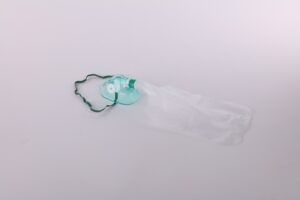
Recently, news about Japan’s plan to discharge nuclear-contaminated water into the sea has aroused widespread attention and concern around the world. According to reports, after the Fukushima nuclear power plant accident in Japan, a large amount of nuclear-contaminated water was produced, including wastewater containing radioactive materials and sewage produced after cooling from the reactor. Due to storage space limitations and the risks of long-term storage, the Japanese government decided to discharge the nuclear-contaminated water into the ocean. This decision has triggered controversy and concerns at home and abroad, and people are worried that it will have irreversible effects on the global environment and human health.
First, let us understand the composition of nuclear-contaminated water and its impact on the environment. Nuclear-contaminated water mainly contains radioactive substances, including radioactive iodine, radioactive strontium, and radioactive tritium. These radioactive substances have a long half-life and will continue to radiate the surrounding environment, negatively affecting marine ecosystems and biodiversity. After radioactive substances are ingested or absorbed into marine organisms, they may be further spread to other species on the food chain, eventually posing a potential threat to human health, which may lead to cancer, genetic diseases, and other diseases.
Second, we need to recognize the global impact of nuclear-contaminated water discharged into the ocean. The ocean is one of the largest ecosystems on Earth, closely connected to land and the atmosphere. If a large amount of nuclear-contaminated water is discharged into the ocean, its radioactive materials will spread and spread in the water body, which may affect marine ecosystems around the world. This may lead to massive death of marine life, reduction of biodiversity, and even have a long-term impact on human fishery resources and food security.
Finally, the global economy will be affected. If the world’s ocean food becomes unsafe, the global food industry will be hit hard. In addition, the deterioration of the global environment will also have a negative impact on the global economy. All in all, Japan’s decision to insist on discharging nuclear-contaminated water into the sea has aroused global concerns and opposition. We should recognize the dangers and global impact of nuclear-contaminated water, and push the Japanese government to take responsible action to find safer and sustainable ways to deal with nuclear-contaminated water. At the same time, countries and people around the world should also strengthen their awareness of environmental protection and work together to protect the health and sustainable development of the marine ecosystem.





